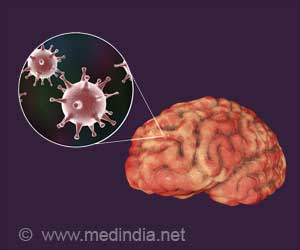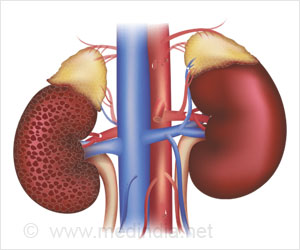Although alcohol can initially help someone fall asleep, it can also disrupt sleep in the latter part of the night, reports the journal Alcoholism:
Although alcohol can initially help someone fall asleep, it can also disrupt sleep in the latter part of the night, reports the journal Alcoholism: Clinical & Experimental Research.
"Three or more drinks will cause the average person to fall asleep sooner than usual," says researcher Shawn Currie of the University of Calgary. "However, falling asleep faster is the only real benefit of alcohol for sleep. The more prevalent, disruptive effects include more frequent awakenings, worse sleep quality, reduction of deep sleep, and earlier-than-usual waking times, leading people to feel they did not get enough sleep."The study also shows that many alcoholics have sleep problems while actively drinking and after they've stopped drinking. As well, many former alcoholics report sleep problems that predated their alcohol dependence.
"Sleep has a reputation among the recovering community of being one of the last things that fall back into place for an individual," adds David Hodgins, professor of psychology at the University of Calgary.











